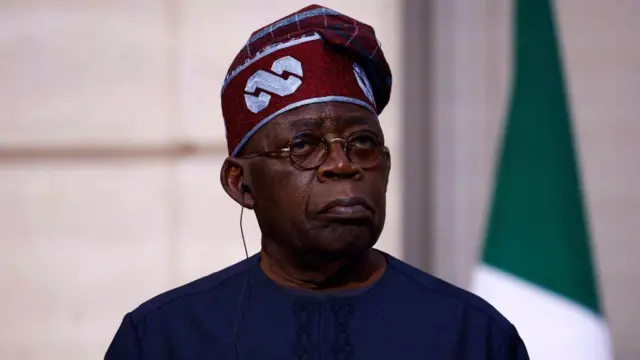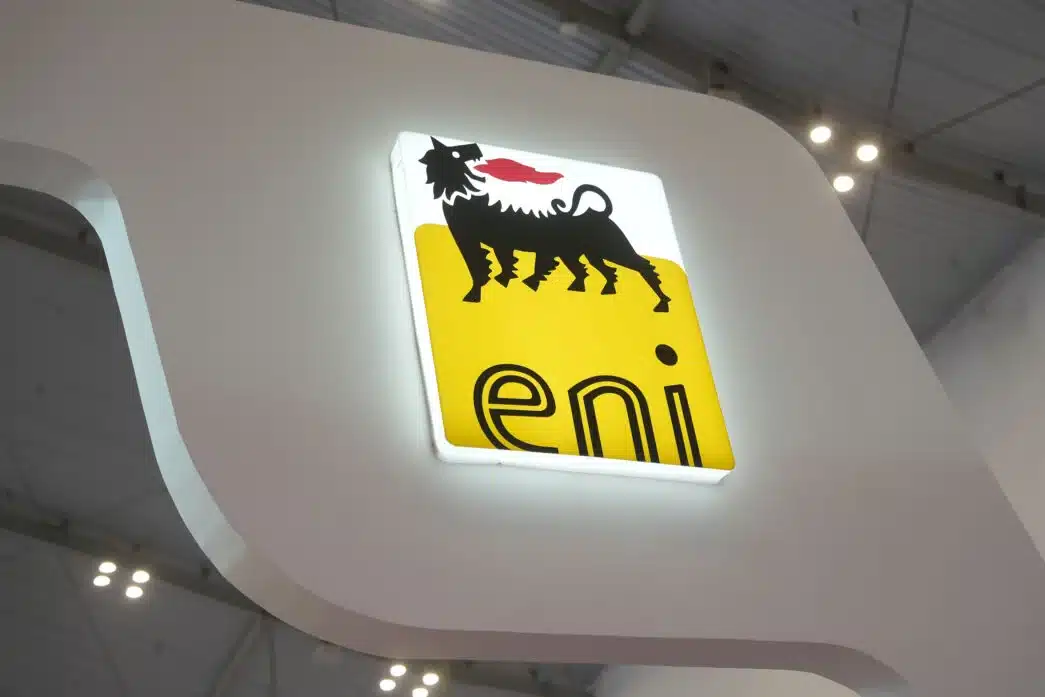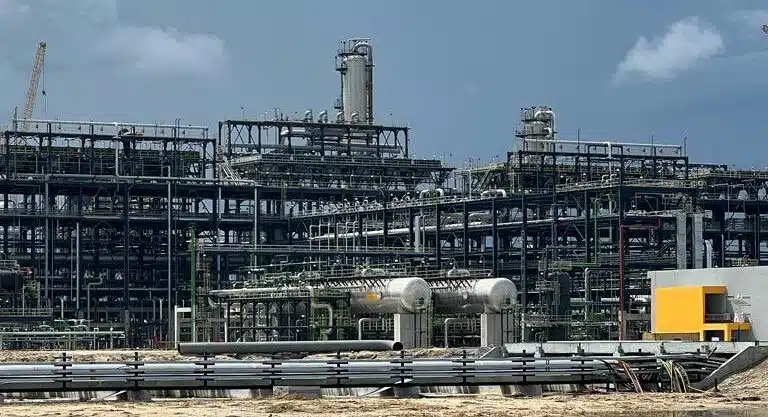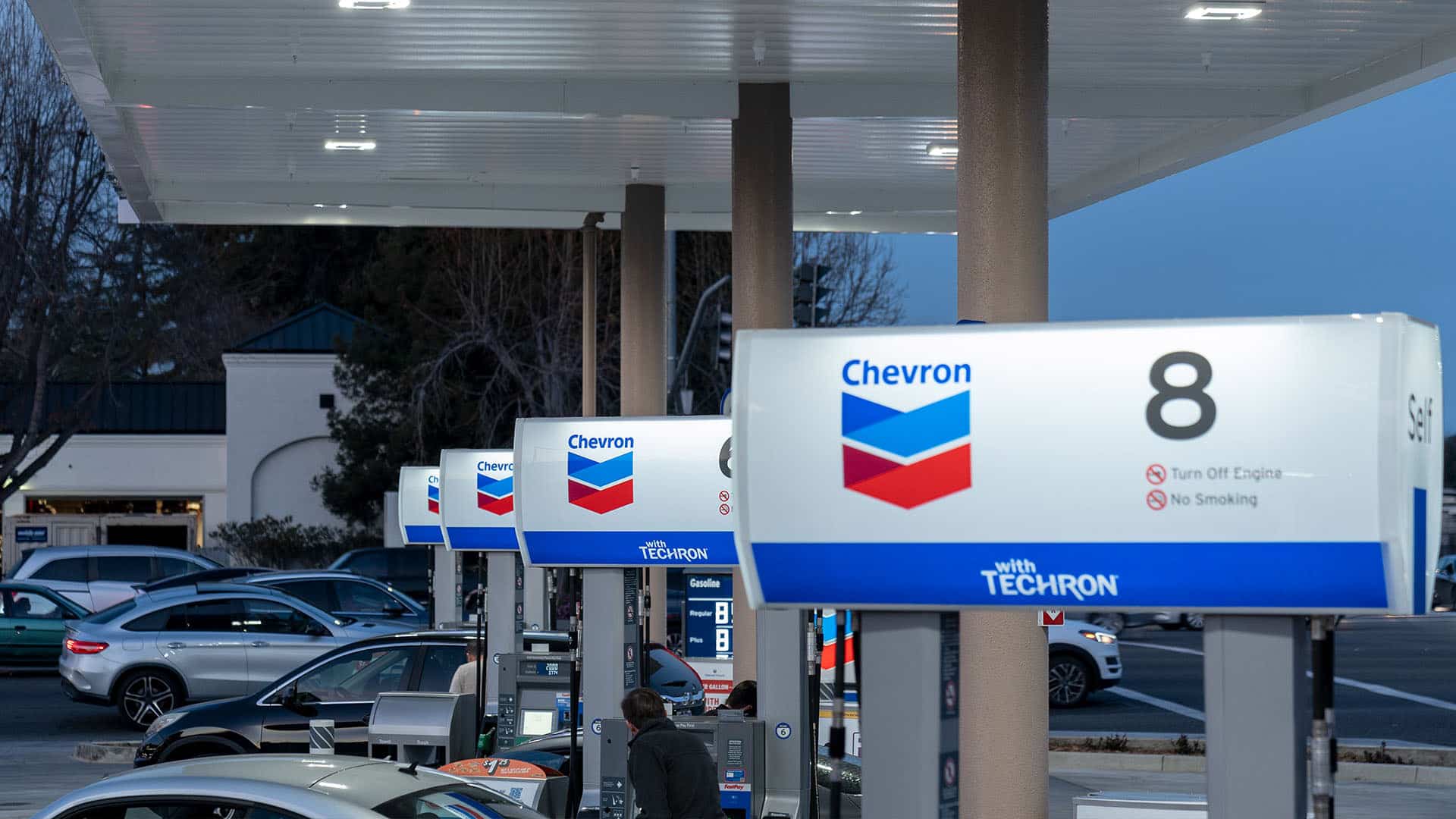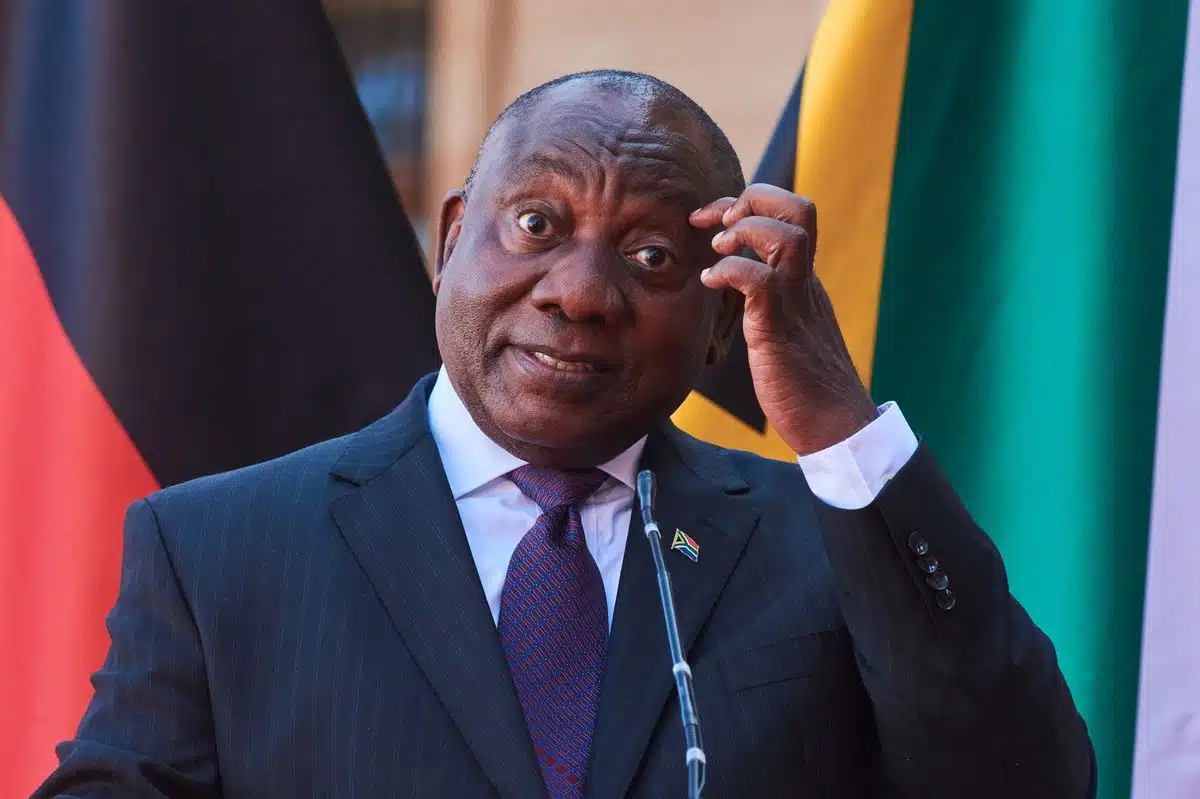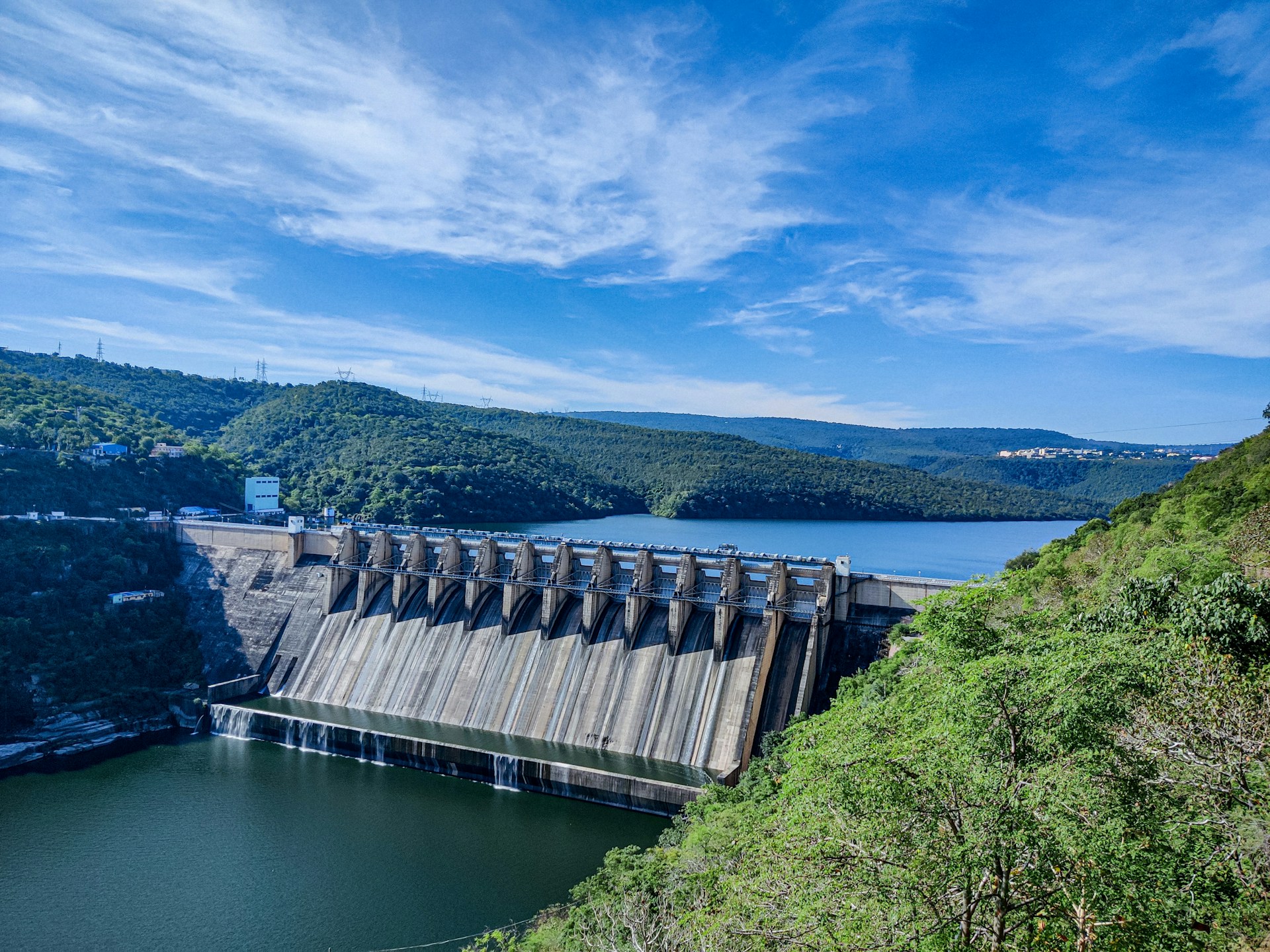The Federal Government of Nigeria has suspended the planned implementation of a 15% import duty on petrol and diesel — a policy earlier approved by President Bola Tinubu to promote domestic refining.
In an official statement posted on its X handle on Thursday, the Nigerian Midstream and Downstream Petroleum Regulatory Authority (NMDPRA) announced:
“The 15 per cent ad-valorem import duty on imported Premium Motor Spirit and Diesel is no longer in view.”
Just weeks earlier, Energy in Africa had reported the President’s approval of the levy — marking the first time such a policy would be considered by a Nigerian administration.
Tinubu’s decision was aimed at reducing fuel imports and bolstering the domestic refining industry, which has seen notable expansion since the launch of Dangote’s 650,000 barrels-per-day refinery last year.
The policy was initially scheduled to take effect after a 30-day transition window, allowing importers time to adjust cargoes already in transit.
The government had also instructed the NMDPRA and the Nigeria Customs Service to begin enforcement of the duty, with implementation expected around December 1, following the end of the transition period.
The fuel duty plan triggers backlash
As with most fuel-related policies in Nigeria, the proposed import duty stirred significant controversy.
Though the government assured that the new levy would raise pump prices by only about N100 per litre — a figure it deemed within sustainable limits — the policy faced widespread criticism from industry experts and civil society groups.
A key concern was the perceived interference in what should be a deregulated market, as outlined in the 2021 Petroleum Industry Act.
Critics argued that imposing such a duty undermines the principles of market liberalization and could distort competition.
Operating primarily from the Lekki Free Trade Zone with access to special fiscal incentives, the Dangote refinery was seen as a likely beneficiary of the policy.
In contrast, fuel importers would be forced to either increase their prices significantly or exit the market altogether.
Despite the rise in domestic refining capacity, Nigeria still imports around 60% of its fuel. However, the landscape is shifting.
The Dangote refinery recently announced plans to more than double its current capacity, aiming to reach 1.4 million barrels per day within the next three years — a move that could reshape the country’s fuel supply dynamics.
What you should know
The withdrawal of the 15% import duty has defused what was shaping up to be another major flashpoint this festive season between the Dangote Refinery and petroleum marketers and importers.
However, the NMDPRA has assured the public of sufficient supply.
“There is a robust domestic supply of petroleum products (AGO, PMS, LPG, etc) sourced from both local refineries and importation to ensure timely replenishment of stocks at storage depots and retail stations during this period.
“The Authority wishes to use this opportunity to advise against any hoarding, panic buying or non-market reflective escalation of prices of petroleum products.”
It’s worth noting that this marks the second fuel-related policy reversal by the Tinubu administration this year.
The 5% surcharge on petrol, diesel and jet fuel earlier announced by the government in August – for implementation in 2026 – has also quietly been withdrawn after it raised dust among consumers.

